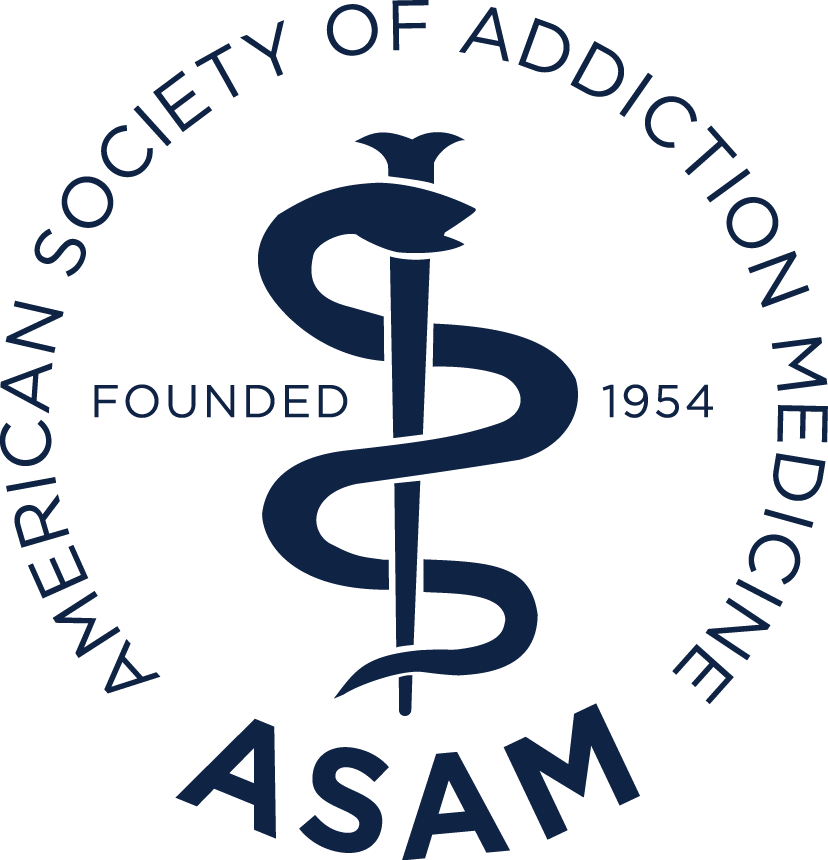Choosing to enter treatment for drug or alcohol addiction is a life-changing decision. But after making that choice, another important question arises: Where should treatment take place? While some people prefer to stay close to home, an increasing number find that traveling for treatment provides unique advantages that can strengthen recovery outcomes.
Seeking a detox and rehab program out of state offers more than a change of scenery. It provides distance from triggers, access to specialized care, greater privacy, and a deeper level of focus on healing. Below are eight compelling benefits of out-of-state treatment, supported by evidence and expert findings.
1. A Clean Break from Triggers
One of the greatest challenges of recovery is avoiding the people, places, and habits that fueled addiction. Local environments often contain countless triggers, from familiar bars and social circles, to daily stressors at work or home. Research consistently shows that environmental cues are powerful relapse triggers (National Institute on Drug Abuse). Creating physical distance from these triggers by leaving one’s home state can give individuals the space to establish healthier patterns in a new environment.
2. Increased Privacy and Confidentiality
For many, stigma is a major barrier to seeking treatment. The fear of being recognized by acquaintances, coworkers, or neighbors can discourage people from pursuing local care. According to the Substance Abuse and Mental Health Services Administration (SAMHSA), stigma is one of the leading reasons individuals delay treatment. Out-of-state facilities offer anonymity and confidentiality, allowing clients to fully engage in recovery without fear of exposure.
3. Higher Treatment Completion Rates in Residential Settings
Studies show that nearly half of individuals in inpatient or residential programs complete treatment successfully, compared to 43% in outpatient programs. While these numbers may seem modest, “completion” is a high bar. Many who leave early still derive significant benefits, and any engagement with treatment is a positive step. Traveling out of state often means enrolling in a residential program, which increases structure and reduces distractions. This commitment to an immersive setting raises the likelihood of completing treatment, which is strongly correlated with better long-term outcomes.
4. A Change of Scenery
Changing one’s environment can have a profound impact on mindset. Just as vacations provide mental resets, a new setting during detox and rehab can help people step away from negative routines and focus on personal growth. California, for example, is one of the most sought-after destinations for recovery due to its natural beauty, temperate climate, and abundance of world-class facilities. Research in environmental psychology supports the idea that natural, restorative settings reduce stress and support cognitive recovery.
5. Access to Specialized Programs
Treatment quality varies widely between states. Not all areas offer dual diagnosis treatment, trauma-informed care, or advanced medical detox programs. Out-of-state options provide greater access to specialized care tailored to individual needs. Traveling for rehab can open the door to new and proven therapies not available locally, which improves the overall effectiveness of treatment.
6. Stronger Commitment to Recovery
Recovery requires commitment, and traveling out of state creates an additional layer of accountability. When treatment is far from home, leaving prematurely is much more difficult. Experts point out that this extra barrier often increases program adherence and decreases dropout rates. In fact, one study in Psychiatric Services found that structured recovery management strategies like regular check-ins significantly improved re-entry into care after relapse. Out-of-state treatment often integrates these approaches into long-term planning.
7. Separation from Toxic Relationships
In some cases, local relationships perpetuate substance use. Friends who enable addiction or family members who create conflict can sabotage recovery. Seeking treatment out of state creates physical and emotional distance, giving individuals the time and perspective to reevaluate these connections. The National Institute on Alcohol Abuse and Alcoholism (NIAAA) highlights that removing oneself from high-risk social environments is one of the most effective ways to reduce relapse risk.
8. Building a New Support Network
Going out of state allows clients to form connections with peers outside their existing social circles. This fresh support system can be free of judgment and tied solely to the recovery journey. Group therapy and peer support networks established in treatment often continue after discharge, providing long-term accountability. Research shows that individuals who build strong social support in recovery are more likely to maintain sobriety (National Institute on Drug Abuse).
Evidence That Out-of-State Treatment Works
When viewed together, the evidence for out-of-state rehab is compelling:
- 49% completion rate in residential programs vs. 43% in outpatient, with 88.4% of those in recovery rating their quality of life as ‘good,’ ‘very good,’ or ‘excellent.
- Stigma is a leading reason for delayed treatment, making privacy and detachment from current surroundings a critical factor for recovery.
- Environmental triggers significantly increase relapse risk, highlighting the benefit of physical distance.
- Supportive, restorative environments improve cognitive function and reduce stress.
- Recovery management strategies improve outcomes and are more common in structured, out-of-state programs.
Together, these findings suggest that seeking treatment away from home can substantially increase the chances of long-term recovery.
Final Thoughts
Choosing where to enter treatment is a deeply personal decision, but it can also be one of the most important factors in recovery success. Out-of-state detox and rehab provide distance from triggers, greater privacy, and access to specialized care—conditions that create the best possible environment for healing.
If you or someone you love is considering treatment, know that facilities like Regal Treatment, our Los Angeles-based luxury detox and rehab center, offer safe, private, and evidence-based care for clients from across the country. Taking the step to seek treatment away from home may feel daunting, but it could be the very decision that gives recovery the strongest possible foundation.
Contact Regal today at 818-533-9993 or online at www.regaltreatment.com/contact to learn more about our facility and addiction treatments for yourself, a loved one, or a friend.
.png)
.png)



.png)
.png)

